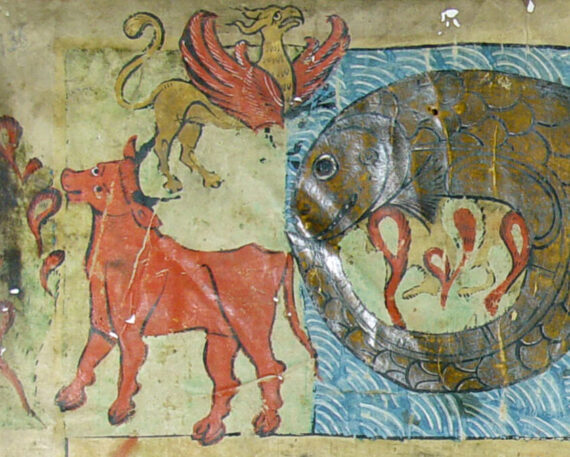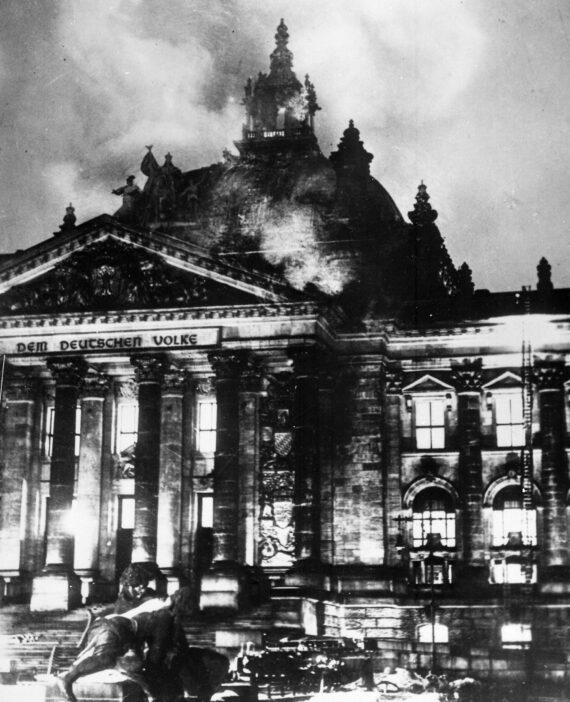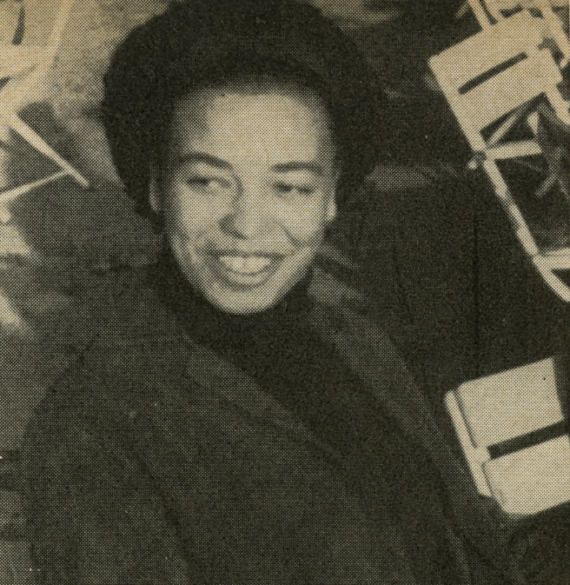What are the stakes today in revisiting the mid-twentieth century debates between Franz Neumann, Friedrich Pollock, Otto Kirchheimer, and Ernst Fraenkel over the concept of “state capitalism” and their analysis of National Socialism as a totalitarian economic regime – other than matters of historical interest? The discussion at Coöperism 8/13 highlighted at least three. [Continue reading here…}
Frankfurt School
Coöperism 8/13 returns to the mid-twentieth century debates over state capitalism, and, more specifically, to the lively debate within a circle of expatriate German thinkers over the rise and establishment of National Socialism under Adolf Hitler. Among these German thinkers were the labor lawyer and political theorist Ernst Fraenkel (1898-1975) and several members of the Institute for Social Research in Frankfurt, including Otto Kirchheimer (1905-1965), Franz Neumann (1900-1954), and Friedrich Pollock (1894-1970), who moved to Columbia University during the war as part of the Frankfurt School in exile. The rise of National Socialism in Germany during the 1920s and 30s presented a puzzling challenge to the conventional opposition between free market capitalism and state-controlled planned economies. [Continue reading here…]
When Max Horkheimer took the reins, in 1931, of the Institut für Sozialforschung, the critique of capitalism received an unexpected jolt. His directorship of the fêted think tank marked a turning point in the development of critical theory. For Horkheimer streamlined the nascent Frankfurt School. He saw to it that staff trained their eyes on varieties of capitalism.[2] In Germany and later at Columbia University, he cultivated an “interdisciplinary materialism.”[3] For the best part of a decade, the critique of advanced capitalism was the overarching focus of the Institute for Social Research. [Continue reading here…]
Ernst Fraenkel’s 1927 essay Zur Soziologie der Klassenjustiz (‘On the sociology of class justice’) had disparaged social-democratic trust in German law as a site for political reform. The law, he contended there, could not be understood in abstraction from its actual practitioners who were, after all, endowed with a specific class position. Franz Neumann, too, sought to point to the necessity of rethinking the law from its liberal foundations. In his Behemoth (1942), Neumann would chastise Social-Democracy for its ‘complete reliance on formalistic legality’ and its inability — or outright reluctance — to ‘root out the reactionary elements in the judiciary’. But more than this: According to Neumann, the parties supporting the republic had relied too much on an easy pluralism which sought to dissolve sovereignty and the unity of the state into a system of plural stakeholders in constant negotiations. This strategy had kept Social-Democrats outside of the real centers of power: the army, bureaucracy, the judiciary and, crucially, industry itself. It had given their political successes in labour law and social legislation a fragile character without robust political backing. [Continue reading here…]
Commemorations of the 100th anniversary of the founding of the Institute for Social Research—the Frankfurt School—have taken place around the world this year, many of them at prestigious universities and featuring key contemporary representatives. My general impression of those events is that they have neglected a crucial and still relevant conjuncture in the Institute’s history. That neglect points to some unfortunate lacunae within more recent Frankfurt-oriented critical theory.. [continue reading here…]
In a brilliant and wide-ranging interview from 2020, Angela Davis returns to her years at the University of Frankfurt and reexamines her intellectual engagement with Herbert Marcuse, Theodor Adorno, and fellow graduate students at the University of Frankfurt in the late 1960s. The encounter with Adorno and Marcuse, Davis now suggests, provides a crucial theoretical piece in the development of her abolition-feminist method. That piece was the experience of a contradiction that could not simply be resolved or overcome, but served instead productively to generate new understandings and practices—new forms of critique and praxis. This raises, for me, the fascinating question whether there is more continuity from the first generation of the Frankfurt School to the critique and praxis of Angela Davis (as well as of Hans-Jürgen Krahl and the SDS students), than there is to that of critical theorists who are generally identified as the second or third generation of the Frankfurt School. I don’t mean to be provocative, I am totally genuine here. Maybe we have gotten our genealogies all wrong. Maybe the spirit of the Frankfurt School went in a very different direction [continue reading here …]






